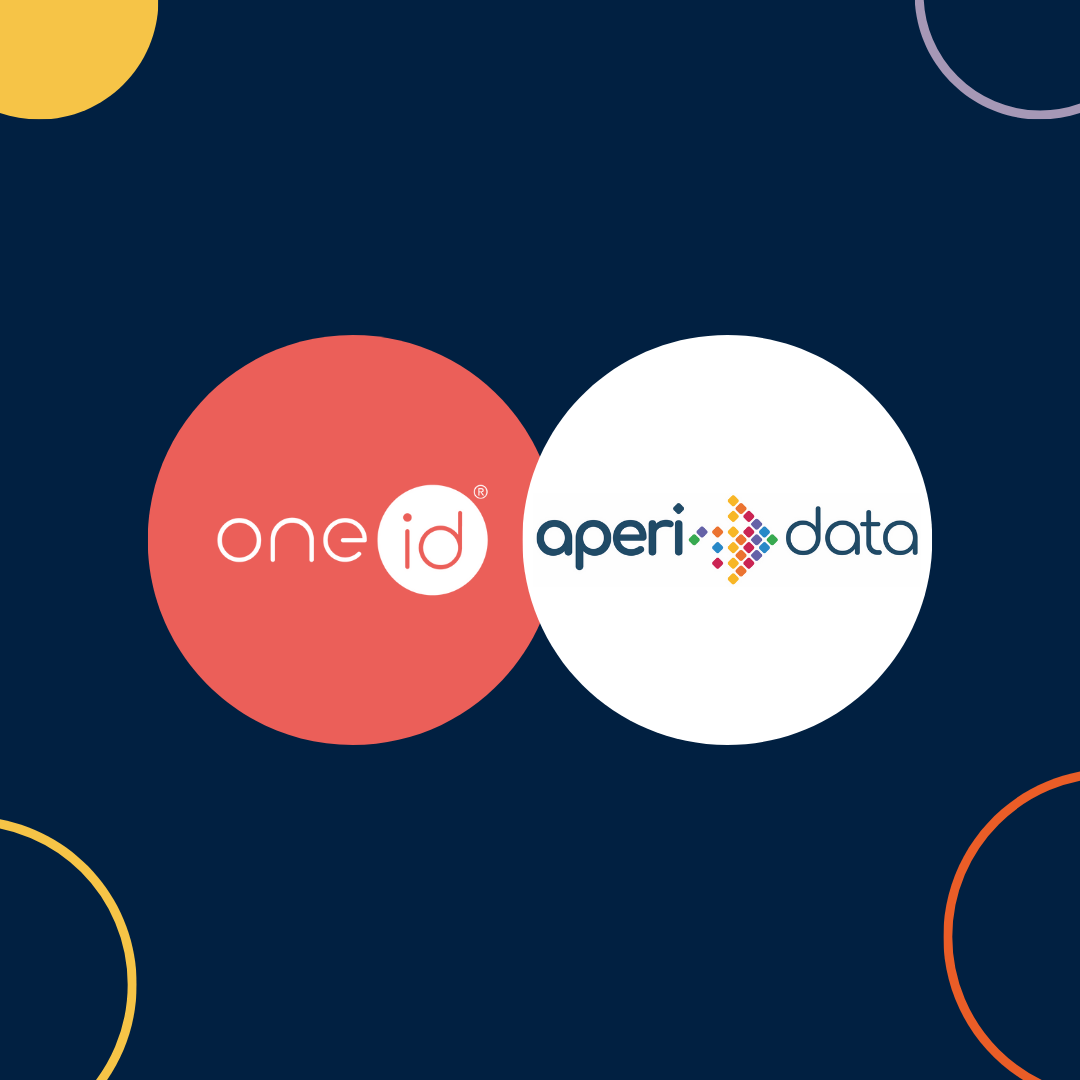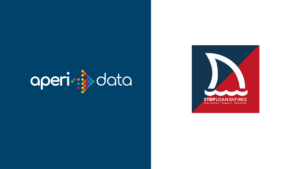Across the UK the ongoing cost of living rises still feel like a crisis to many individuals and households. This is driven by multiple factors and is not being felt evenly across different demographic groups. For broader living costs the key drivers remain high energy and housing costs but cost of goods in general are all still trending upwards.
For those with mortgages, increasing numbers of households are seeing fixed term deals expire and are either having to remortgage or move to variable rates. The Bank Of England base rate has seen 14 consecutive raises between December 2012 and August 2023, rising from 0.1% to 5.25% in this period. Average house prices have fallen 1.2% in a similar period. While no further raises are expected by economists in 2024 this still has significant impact on households. Including renters, 69% of households report an increase in housing costs as of August 2023.
Energy costs also continue to rise, with 97% of UK households reporting and increase in heating/energy bills as of August 2023. This will be further exacerbated as the current OFGEM default tariff energy price cap for domestic consumption of £1928 is revised at the end of March 2024. This is not expected to be reduced.
For the broader cost of living impacts these are being felt across the board. CPI rose by 3.9% (CPIH 4.2%) in the 12 months to November 2023. As a result 91% (48m people) report their cost of living has increased while real incomes remain below their pre-pandemic levels. Typical household monthly costs are estimated to be £2732 excluding rent/mortgage. To cope with this 33% of people reported they were using savings to help with cost of living.
All of these increases create the cost of living crisis which is putting many households under significant financial strain. But it also creates significant challenges for the financial services sector, utilities and telcos in two ways. First, lenders now need to both accurately assess the financial position of consumers, within the framework of the FCA’s Consumer Duty requirement to deliver fair outcomes, as well as look to serve demographics that may have been up to this point ill-served. Second, telcos and utilities are facing unprecedented levels of default and cancellation of direct debits with the associated increase in the cost of reinstatement.
Two Open Banking start ups are addressing these challenges.
First, Aperidata is an FCA-regulated provider that enables lenders to both accurately assess an applicant’s affordability as well as establish stability of income and expenditure, including stress-testing against future cost of living rises.
Open Banking data can enable specific decision making at customer level and assess an applicant’s needs in a way that is both accurate and fair. Open Banking can also help to create an environment where borrowers that do not have strong credit histories, either through thin files or historic adverse data to demonstrate their suitability for products and services. Traditional models are developed using statistical averages. These models, while still valid when taking a portfolio level view, do not necessarily meet the needs of the individual applicant.
Second, with OneID®, customers can prove their identity online in a few clicks, enabling faster payment setup and providing a seamless digital experience, whilst reducing fraud. Like Aperidata, OneID accesses bank data over the open banking infrastructure, enriches this, and enables around 50 million people in the UK across all major UK banks to instantly share their information. The result – faster, cheaper, and safer onboarding and fully digital reinstatement of direct debits. This also results in improved compliance by completing an identity check in combination with confirmation of bank account ownership through real-time authentication with the Payer bank. In addition, this approach gives reduced operational costs as the data quality improves because it is captured straight from the bank – not keyed by the user.
Both companies share the goal of creating simplicity and security for the customer, combining ID capabilities with the risk insights provided by Open Banking. That will enable business customers to know the consumer and understand the consumer’s financial position. Real-time affordability checks combined with real-time identity checks achieve exactly this, enabling lenders to make quick and fair decisions, giving both business and consumer more confidence that they are making the right decision.
Sources:




